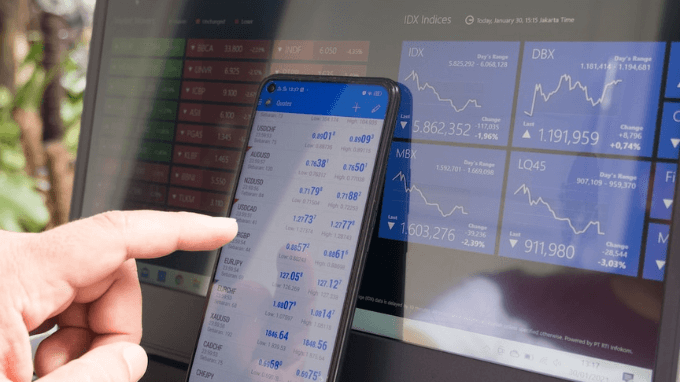In the realm of finance, forex and investments, the term “broker” holds significant weight. Understanding what a broker is and how it functions is crucial for anyone navigating the complexities of financial markets. This comprehensive guide aims to demystify the concept of a broker, shedding light on its role, types, and importance in various financial transactions.
Broker Definition
At its core, a broker is an individual or entity that facilitates the buying and selling of financial assets on behalf of their clients. Acting as intermediaries between buyers and sellers, brokers execute trades in various markets, including stocks, bonds, commodities, and real estate. They play a pivotal role in ensuring smooth transactions and efficient market operations.
Types of Brokers
Brokers come in different forms, each catering to the specific needs and preferences of investors. Here are some common types of brokers:
- Stock Brokers: Specializing in the buying and selling of stocks, stock brokers provide access to stock exchanges and assist clients in executing trades. They may offer valuable insights and research to help clients make informed investment decisions.
- Forex Brokers: In the foreign exchange market, forex brokers enable traders to buy and sell currencies. They facilitate transactions in the highly liquid and volatile forex market, often offering leverage to amplify trading positions.
- Real Estate Brokers: When it comes to property transactions, real estate brokers act as intermediaries between buyers and sellers of real estate properties. They assist in property valuations, negotiations, and legal procedures involved in real estate transactions.
- Insurance Brokers: Insurance brokers help individuals and businesses navigate the complex world of insurance by offering advice, comparing policies, and facilitating the purchase of insurance plans tailored to their needs.
- Commodity Brokers: Dealing with commodities such as gold, oil, and agricultural products, commodity brokers assist clients in trading commodity futures contracts. They provide valuable insights into commodity markets and help manage price risks.
Functions of a Broker
Brokers perform various functions to facilitate seamless transactions and provide value-added services to their clients:
- Order Execution: One of the primary functions of a broker is to execute orders on behalf of their clients promptly. Whether buying or selling assets, brokers ensure that transactions are carried out efficiently at the best available prices.
- Market Analysis: Brokers often conduct in-depth market analysis and research to keep clients informed about market trends, investment opportunities, and potential risks. They provide valuable insights and recommendations based on their expertise and market knowledge.
- Customer Support: Good brokers offer excellent customer support to address client queries, resolve issues, and provide assistance whenever needed. Whether via phone, email, or online chat, prompt and effective customer support is essential for building trust and maintaining client satisfaction.
- Investment Advice: Experienced brokers offer personalized investment advice based on client’s financial goals, risk tolerance, and investment preferences. They help clients create diversified portfolios and make strategic investment decisions to maximize returns and minimize risks.
Choosing the Right Broker
Selecting the right broker is crucial for achieving financial success and realizing investment goals. Here are some factors to consider when choosing a broker:
- Reputation and Reliability: Opt for a broker with a solid reputation and track record of reliability. Look for reviews, testimonials, and ratings from other clients to gauge the broker’s credibility and trustworthiness.
- Cost and Fees: Compare brokerage fees, commissions, and other charges to ensure you’re getting value for your money. Consider factors such as trading costs, account maintenance fees, and minimum deposit requirements before making a decision.
- Range of Services: Assess the range of services offered by the broker, including investment options, trading platforms, research tools, and educational resources. Choose a broker that provides the features and services that align with your investment needs and preferences.
- Regulatory Compliance: Verify that the broker is licensed and regulated by relevant authorities to ensure compliance with industry standards and investor protection regulations. Avoid unlicensed brokers or those with a history of regulatory violations.
Conclusion
In conclusion, brokers play a vital role in facilitating financial transactions and enabling individuals and businesses to participate in various markets. Whether trading stocks, currencies, real estate, or commodities, the right broker can make a significant difference in achieving investment objectives. By understanding the functions, types, and factors to consider when choosing a broker, investors can navigate the complex world of finance with confidence and clarity.

